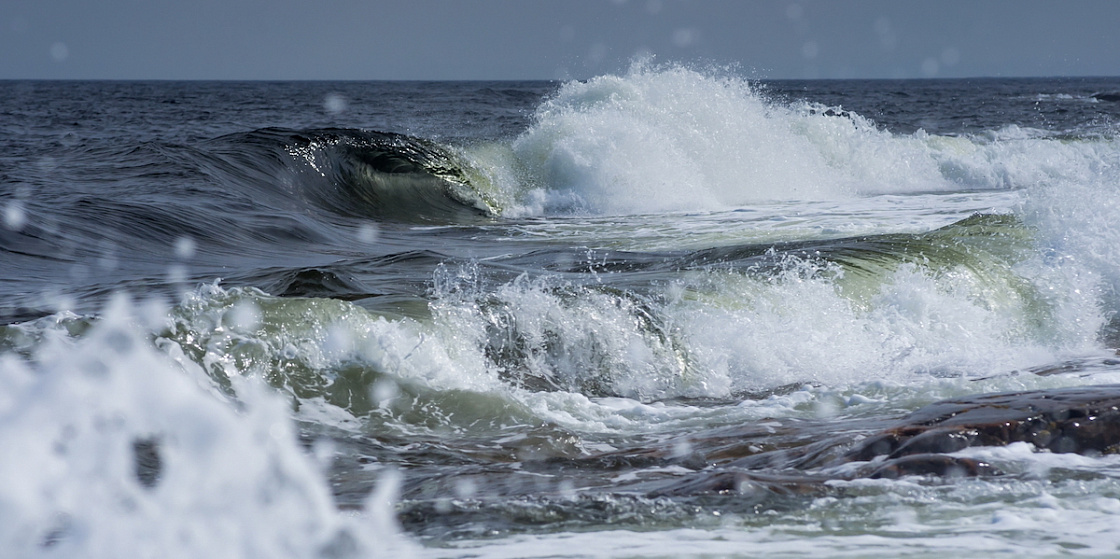
Beloturova Irina
EU Green Deal: a Challenge or an Opportunity?
On 14 July, the European Commission approved a set of proposals aiming to make the EU’s climate, energy, transport and taxation policies fit for reducing net greenhouse gas emissions by at least 55% by 2030 as compared to 1990 levels. This is regarded as a crucial step towards achieving climatic neutrality by 2050.
The proposed plan envisions, inter alia, the following:
To introduce the world’s first carbon border tax on imports of carbon-intensive steel, aluminum, cement, fertilizers and electricity;
Switching to production of carbon-neutral cars by 2035;
A ban on making cars running on fossil fuels, along with boosting the transition to electricity-powered transport;
Further expanding the EU carbon allowance market.
This program has been met with criticism in Russia.
According to the Economy Ministry, Russian-based producers would have to pay about USD 7.6 billion in carbon taxes, were the proposals accepted by all 27 EU Member States. Both Russian authorities and businesspeople believe this is in clear contravention of the applicable WTO regulations.
As stated by Maxim Reshetnikov, Russia’s Minister for Economy, the environmental benefits of the proposed program are questionable. In addition, the latter undermines a key principle of the Paris climate agreement that countries design their own policies to curb emissions: as Moscow sees it, Brussels is trying to impose its own regulatory tools instead.
In my view, the newly announced program is a grave challenge to Russia as a trade partner of the EU. The Russian economy, including sectors based mostly in the High North, faces unprecedented pressure from the Brussels decision-makers.
Unfortunately, the latter do not take into account the role Russia and the Russian High North play in terms of addressing the challenge of climate change. Russia is home to millions of hectares of pristine forest, which absorb CO2 serving as a global atmospheric filter and a carbon sink. As the biggest Arctic nation, Russia has to deal with major environmental consequences and effects of ocean pollution caused by the rest of the world, including the EU.
We in PORA believe that Russia’s and the EU’s environmental efforts can be coordinated. We can reach a viable consensus on how to move together towards climate neutrality -- in a harmonized manner and based on a realistic assessment of the contribution made by either party. It is important that we move forward with the principles of sustainability in mind, focusing on keeping a balance between the economic, environmental and societal needs.
15 July 2021




